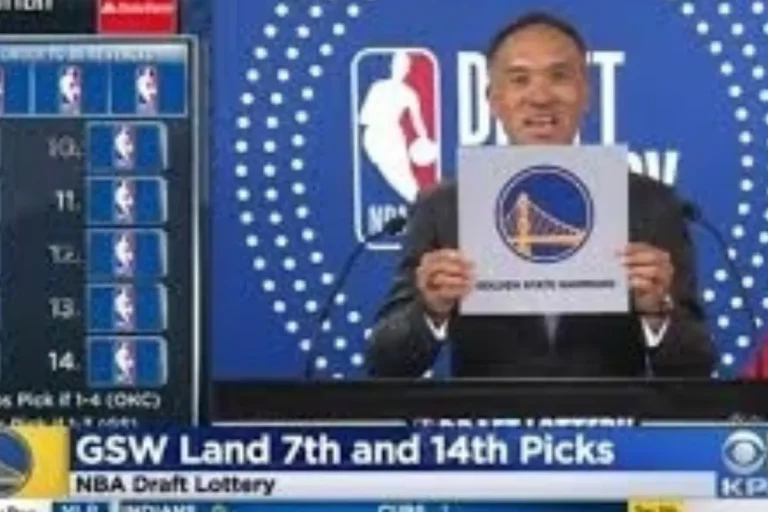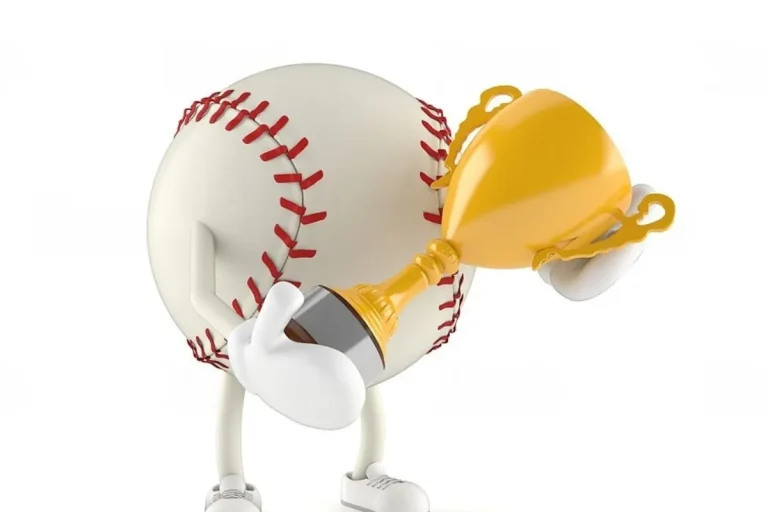Are there referees in baseball
Are there referees in baseball? If you’ve ever wondered about the role of referees in America’s favorite pastime, you’re in the right place. Baseball is a sport deeply rooted in tradition, and its officiating system is unique compared to other sports. While baseball doesn’t have referees per se, it relies on umpires to enforce the rules, maintain fairness, and make crucial game decisions. In this blog post, we’ll delve into the fascinating world of umpires in baseball, exploring their responsibilities, challenges, and the vital role they play in ensuring the integrity of the game.
Understanding the Role of Umpires in Baseball
When it comes to baseball, understanding the role of umpires is essential. So, let’s dive in and explore the difference between referees and umpires, with a focus on how umpires are specific to baseball. Unlike referees in other sports, umpires are solely responsible for making decisions in baseball games. They enforce the rules, determine strikes, balls, outs, and other game-related calls.
Now, let’s take a step back and look at the historical overview of the role of umpires in baseball. Umpiring dates back to the early days of the sport in the mid-19th century. Initially, umpires were players from one of the competing teams, but as the game evolved, dedicated umpires were introduced to ensure impartiality and fairness. Over time, umpiring has become a specialized profession, with rigorous training and certification.
The significance of umpires in upholding the rules and maintaining the integrity of the game cannot be overstated. Umpires act as the ultimate authority on the field, ensuring that both teams adhere to the established rules. They make crucial decisions that directly impact the outcome of the game, and their impartiality is crucial in maintaining fair play. Umpires also play a vital role in resolving disputes between players, coaches, and even fans, ensuring that the game proceeds in an orderly manner.
The Responsibilities of Umpires
As a baseball fan, understanding the responsibilities of umpires is crucial to appreciating their role in the game. Let’s delve into the various duties and responsibilities that umpires undertake during a baseball game.
First and foremost, umpires enforce the rules of the game. They ensure that both teams play within the established guidelines, penalizing any violations or infractions. From checking the pitcher’s delivery to monitoring base running, umpires are vigilant in maintaining fair play on the field.
In addition to enforcing the rules, umpires are responsible for making calls throughout the game. They determine whether a pitch is a strike or a ball, crucially affecting the outcome of an at-bat. Umpires also make decisions on plays at the bases, ruling whether a runner is safe or out. Their ability to make quick and accurate judgments is essential to the flow and fairness of the game.
The Umpire’s Positioning and Field Coverage
Understanding the strategic positioning of umpires on the field is crucial to comprehending their role in a baseball game. Let’s explore the different umpire positions and how they collaborate to make accurate calls.
First and foremost, we have the home plate umpire, who stands directly behind the catcher. The home plate umpire has the primary responsibility for calling balls and strikes. Their positioning allows them to have a clear view of the pitcher’s delivery and the strike zone. They ensure that each pitch is evaluated accurately, contributing to the fairness of the game.
In addition to the home plate umpire, there are base umpires positioned at each of the three bases. Their role is to make calls on plays related to base running, such as determining if a runner is safe or out. By strategically positioning themselves near the bases, these umpires have the best vantage point to observe and make accurate judgments on these plays.
To ensure accurate calls, umpires collaborate and communicate on the field. They use hand signals to convey their decisions, allowing players, coaches, and fans to understand the ruling. Umpires also consult with each other when necessary, such as on close plays or potential rule violations. This collaboration helps to ensure that the correct call is made, promoting fairness and accuracy in the game.
The Challenges Faced by Umpires
Umpires face various challenges during a baseball game, which can make their job both demanding and stressful. Let’s identify some potential challenges and discuss the pressure and scrutiny they encounter from players, coaches, and fans.
One of the primary challenges umpires face is the pressure and scrutiny from those involved in the game. Players, coaches, and fans are passionate about their teams and have high expectations. Umpires must remain composed and make impartial decisions despite the intense emotions and reactions that may come their way. This level of scrutiny can be mentally and emotionally taxing.
Another significant challenge for umpires is the difficulty of making split-second decisions. Baseball is a fast-paced sport, and umpires must make quick judgments on pitches, plays at the bases, and other game-related situations. The pressure to make accurate calls in real-time can be overwhelming, as even the slightest error can have a significant impact on the outcome of the game.
The impact of these split-second decisions cannot be understated. One incorrect call can change the momentum of the game, affect a player’s statistics, or even determine the outcome of a crucial match. Umpires carry the responsibility of making fair and accurate decisions that uphold the integrity of the game. This weight can add to the challenges they face and the pressure they experience during each game.
The Evolution of Umpiring Technology
The advancements in technology have significantly impacted umpiring in baseball, revolutionizing the way calls are made on the field. Let’s explore the use of instant replay and other technological tools that assist umpires in making accurate calls.
One major advancement in umpiring technology is the implementation of instant replay. This technology allows umpires to review certain plays and make more precise decisions. Instant replay can be used to determine if a ball was fair or foul, if a catch was made, or if a runner was safe or out. It provides a second look at crucial moments in the game, reducing the chances of human error and enhancing the accuracy of calls.
In addition to instant replay, other technological tools have been introduced to assist umpires. For example, pitch-tracking systems use cameras and sensors to track the trajectory of pitches, providing real-time data on ball location and velocity. This information helps umpires make accurate calls on balls and strikes, reducing the potential for discrepancies.
Famous Umpires and Memorable Calls
Throughout baseball history, there have been several notable umpires who have made significant contributions to the game. Let’s highlight some of these umpires and their lasting impact on baseball.
One famous umpire is Doug Harvey, known for his exceptional knowledge of the rulebook and his ability to maintain control of the game. Harvey umpired in the major leagues for over three decades and was known for his consistency and fairness. His dedication to the craft earned him a place in the National Baseball Hall of Fame in 2010.
Another notable umpire is Jim Joyce, remembered for a memorable call that had a profound impact on the sport. In 2010, Joyce famously made an incorrect call that cost Detroit Tigers pitcher Armando Galarraga a perfect game. Despite the controversy, Joyce demonstrated great sportsmanship by admitting his mistake and apologizing to Galarraga. This incident highlighted the human element of umpiring and sparked discussions about the use of instant replay.
Umpires play a crucial role in iconic moments and controversies throughout baseball’s history. From Don Denkinger’s disputed call during the 1985 World Series to the “Pine Tar Incident” involving George Brett in 1983, umpires have been at the center of many memorable and controversial moments. Their decisions can shape the outcome of games and leave a lasting impact on players, teams, and fans alike.
Are there referees in baseball?
No, baseball does not have referees. Instead, it has umpires who are responsible for making calls on the field.
How many umpires are there in a baseball game?
There are typically four umpires in a baseball game: one behind home plate, one at each base, and one in the outfield.
What are the roles of the different umpires in a baseball game?
The home plate umpire calls balls and strikes, while the other umpires make calls on base running, fair or foul balls, and other plays on the field.
Can umpires use instant replay to review their calls?
Yes, since 2008, umpires have been able to use instant replay to review certain plays, such as home run calls or boundary calls.
How are umpires trained and selected for professional baseball games?
Umpires typically go through rigorous training programs and must demonstrate their skills and knowledge to be selected for professional baseball games.
Conclusion
umpires are an integral part of baseball, playing a crucial role in maintaining fairness and making important game decisions. They face numerous challenges, from intense scrutiny to split-second decision-making, but their dedication to the sport is unwavering. As fans of baseball, it’s important to appreciate the vital role umpires play in upholding the rules and ensuring the integrity of America’s favorite pastime. So, the next time you watch a game, take a moment to acknowledge the umpires and the challenges they face, for without them, baseball wouldn’t be the same.


